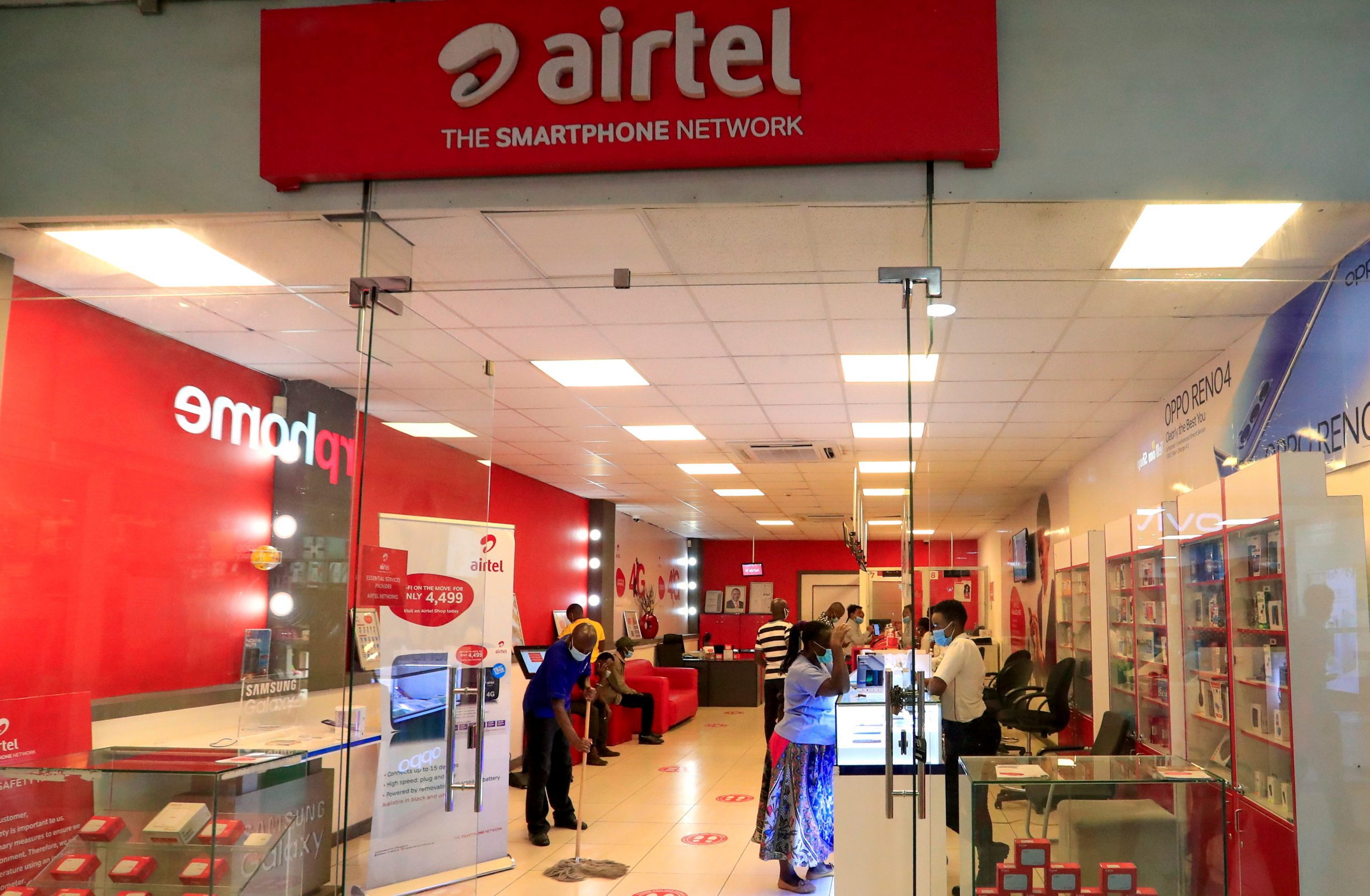In early 2022 Samsung engineers began working on upstreaming support for the Tesla Full Self-Driving “FSD” SoC to the mainline Linux kernel. Those early patches were mainlined in Linux 5.18 and later in 2022 turned to working on the PCIe support for the Tesla FSD SoC with the mainline kernel, but then work seemingly ceased on this upstreaming effort. More than two years later, the work was restarted today with Samsung posting the latest patches for enabling PCI Express support for the Tesla FSD SoC in the Linux kernel.
Posted today to the Linux kernel mailing list were the newest patches for enabling PCIe support for the Tesla FSD SoC:
“FSD platform has three instances of DesignWare based PCIe IP, one is in FSYS0 block and other two in FSYS1 block. This patch series add required DT binding, DT file modifications, Controller driver support and PHY driver support for the same.
To keep single PCIe controller driver for all Samsung manufactured SoC, we have made changes to Exynos file to extend support for FSD platform and other Samsung manufactured SoCs which shall be upstreamed soon.
…
I have posted a fresh patchset where both changes to exynos framework and addition of new FSD support is present. This is why not considering it to be v2 of either patchset.Currently the DT node is not added in this patchset and will send it in the devicetree mailing list post this.”
We’ll see if this newest take on PCIe support for the Tesla FSD SoC is now good enough for upstreaming to the mainline Linux kernel.
Those interested can find the new PCIe patches via this LKML patch series.









